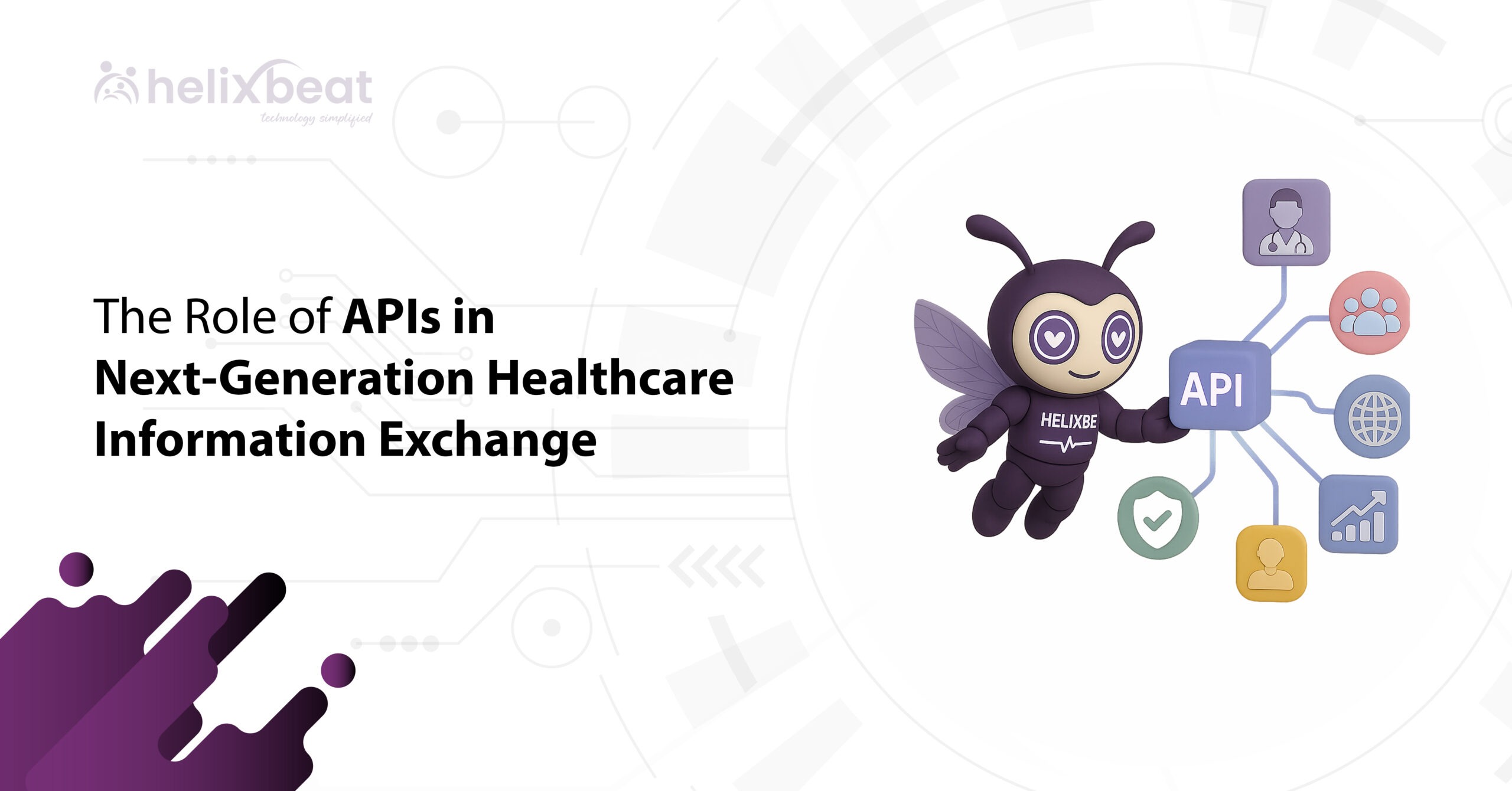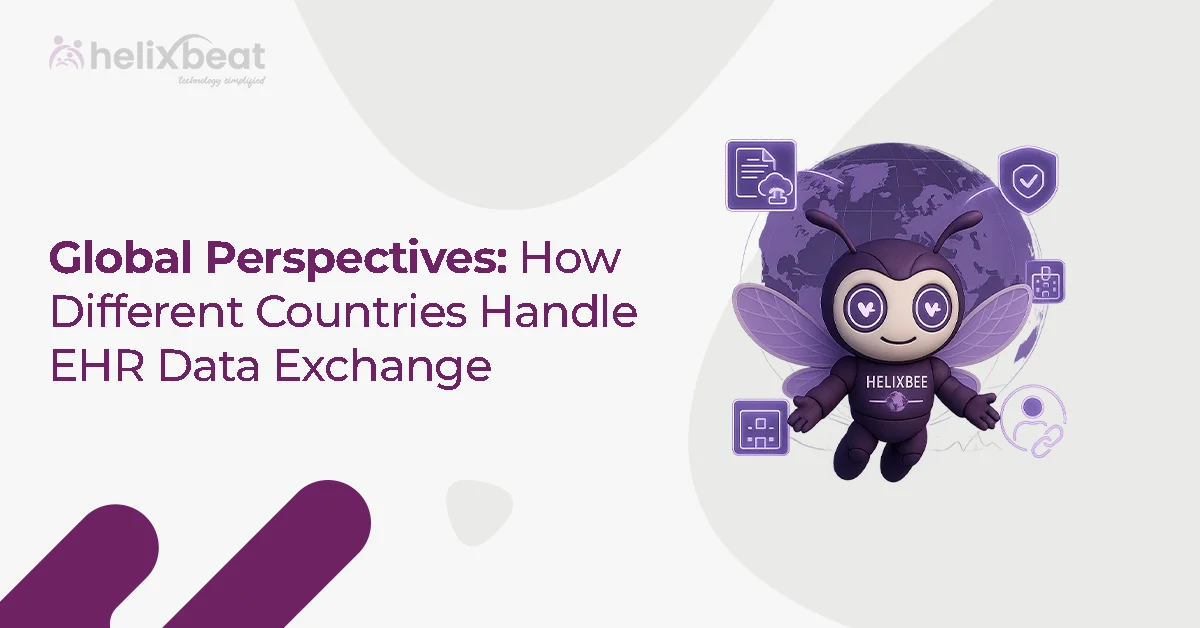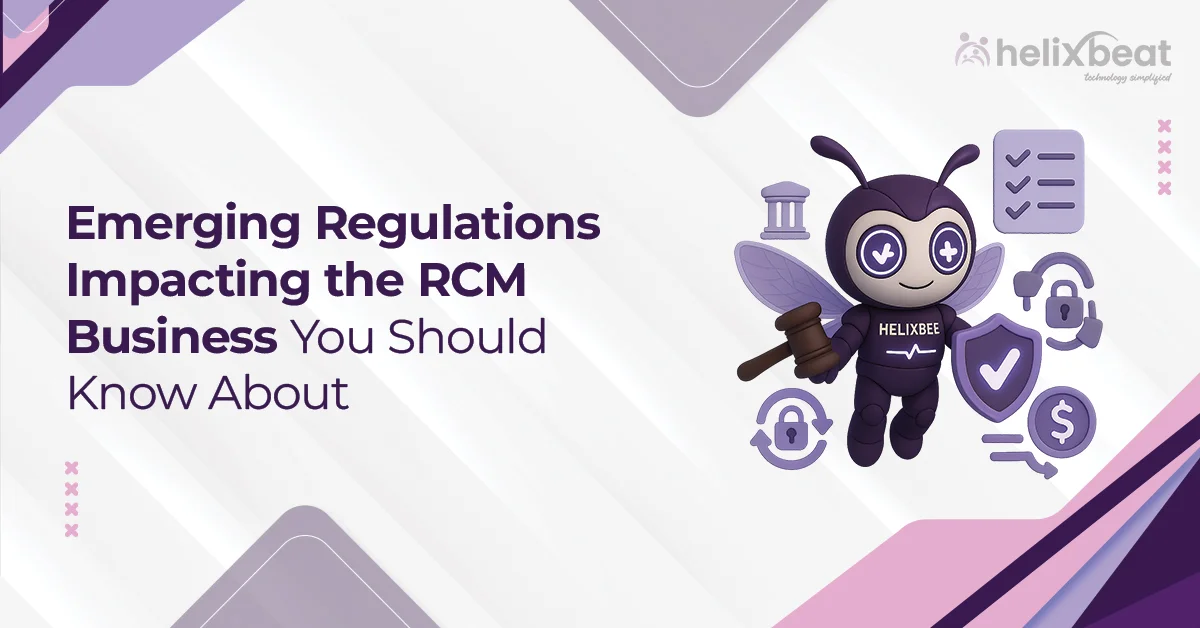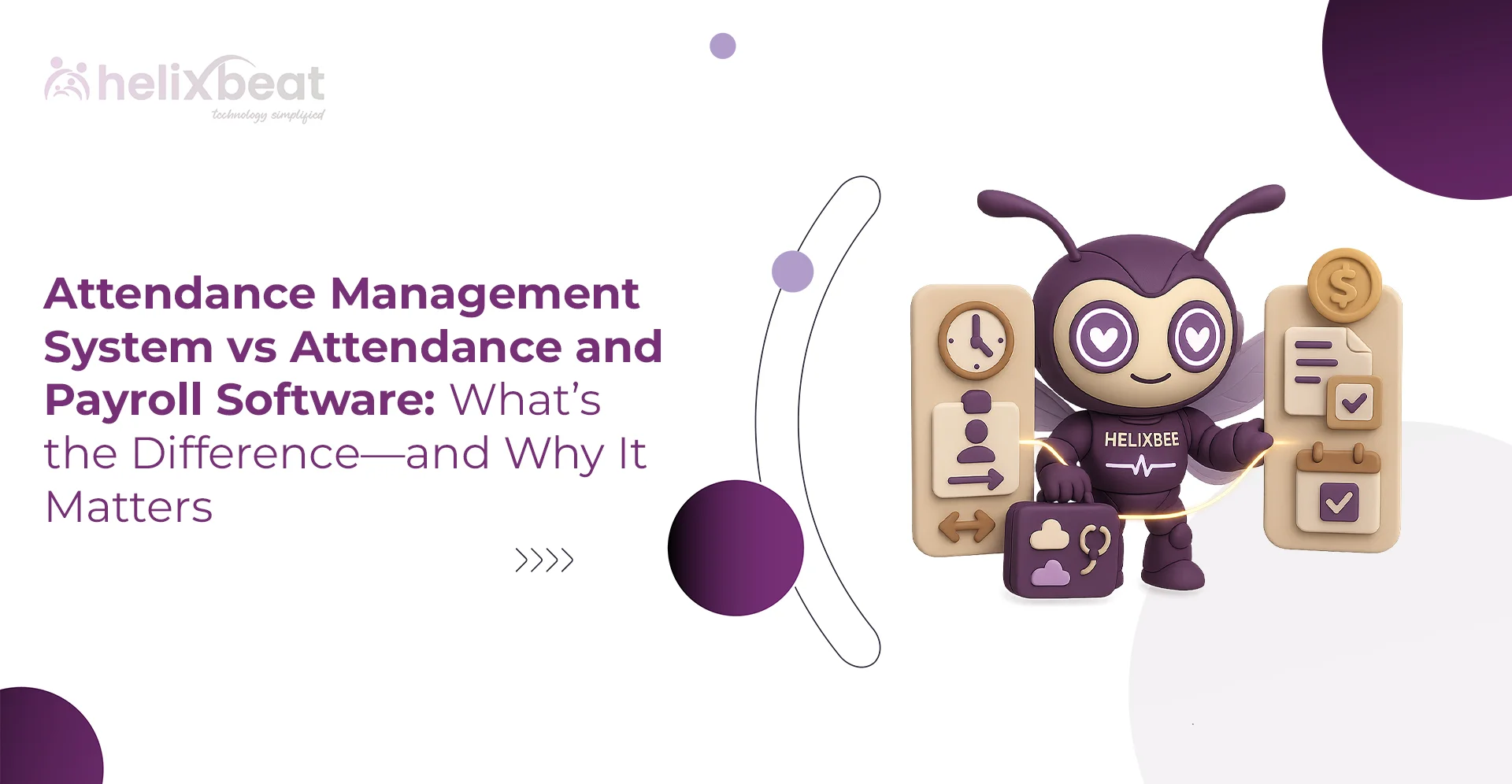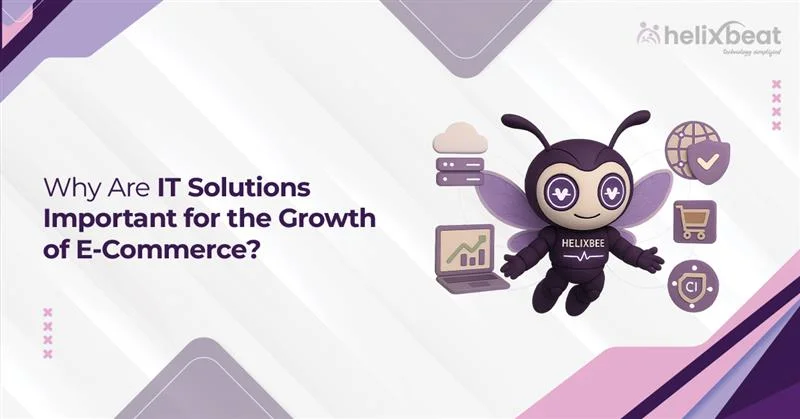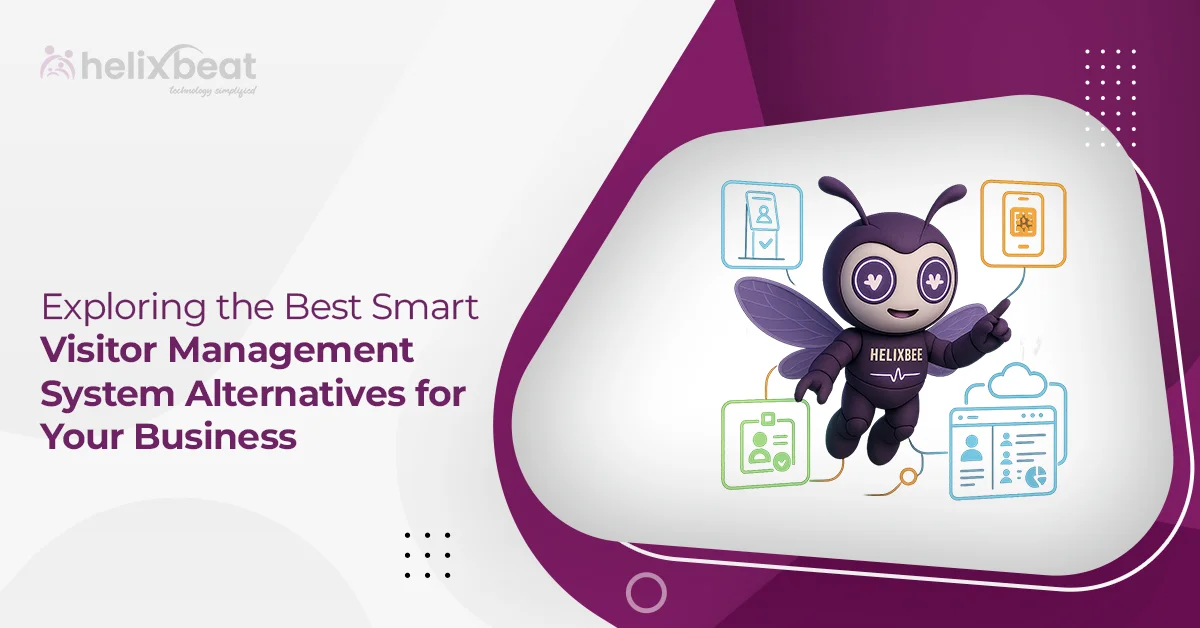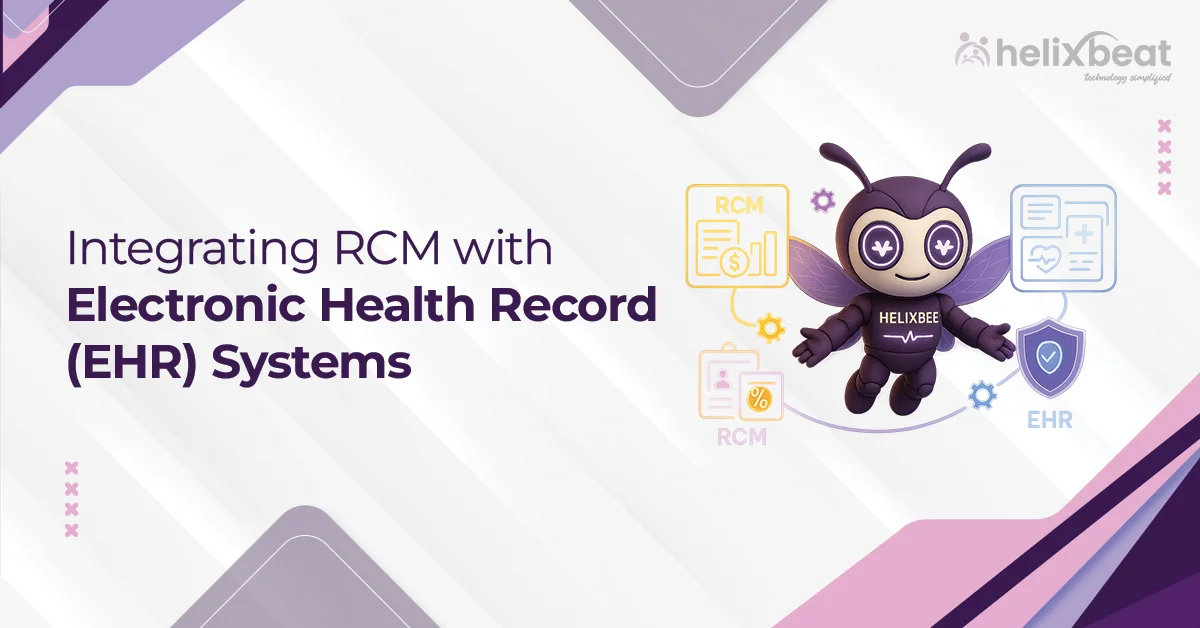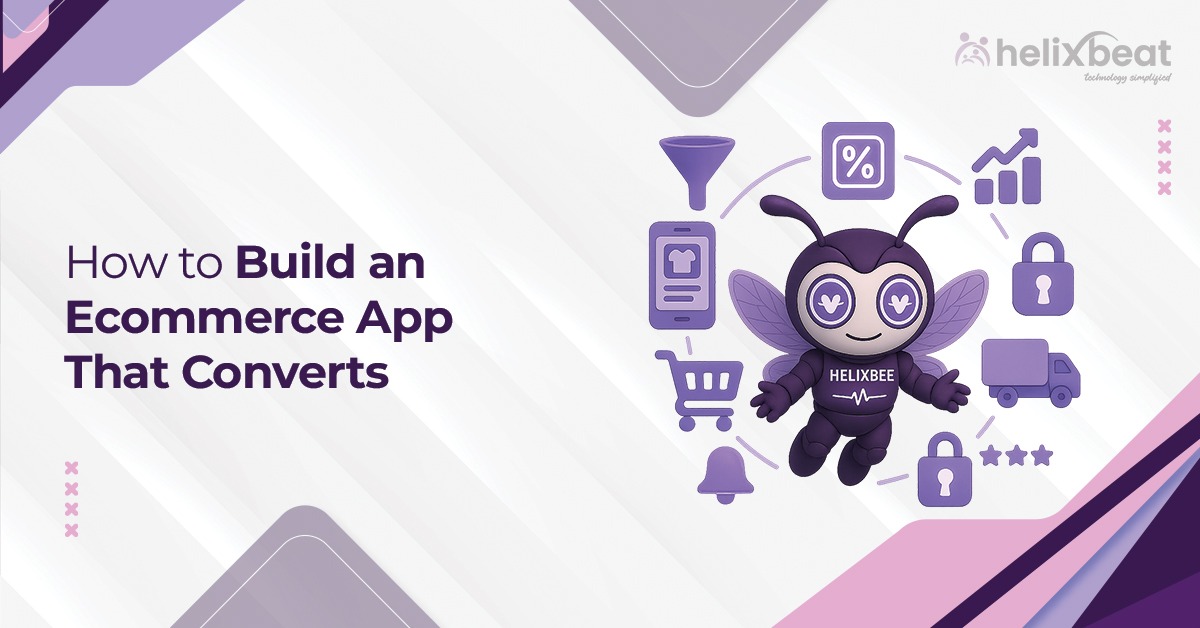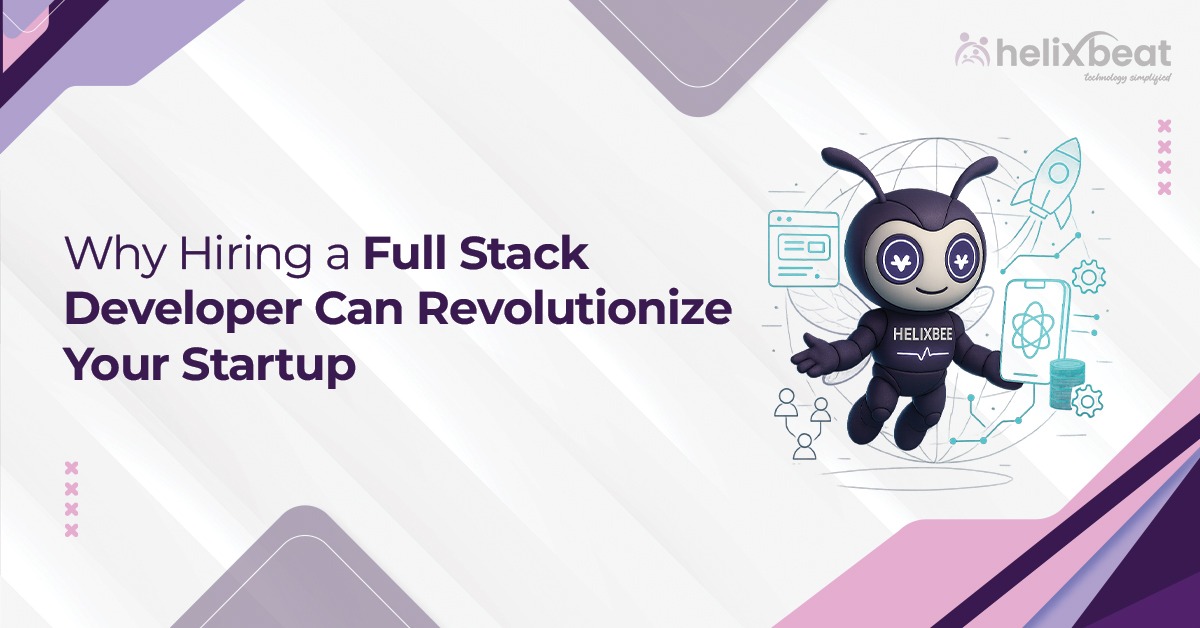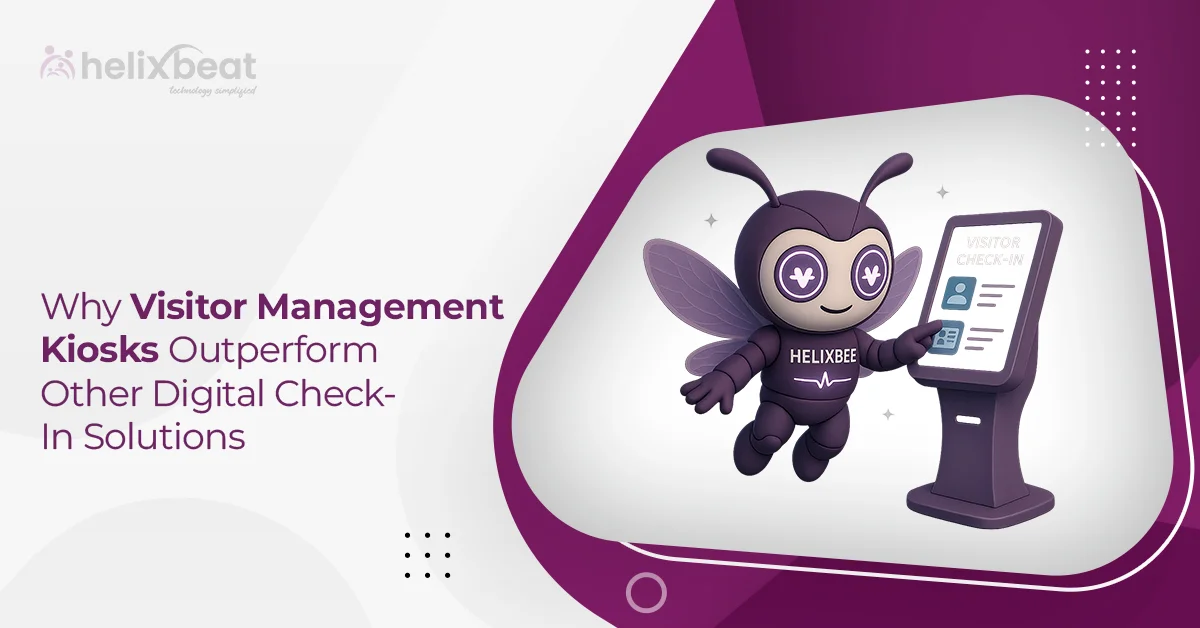
What happens when a doctor prescribes treatment, but the patient’s lab results are stuck in another system that doesn’t communicate with the hospital’s EHR? For many patients, delays like this can lead to longer waiting times, repeated tests, or even misdiagnoses. The solution lies in creating a unified approach where every system can seamlessly communicate, making real-time data exchange the cornerstone of progress.
Genius by Helixbeat tackles this challenge head-on, empowering healthcare organizations to connect fragmented systems, enhance patient experiences, and reduce costly inefficiencies. With its API-driven design, Genius transforms healthcare into an ecosystem of connected care, where providers, patients, labs, and payers collaborate in real time.
Table of Contents
Why APIs Matter in Healthcare Information Exchange?
APIs serve as the bridges that connect isolated healthcare systems, and without them, hospitals, pharmacies, and labs operate like islands with little ability to share data. However, with APIs, the flow of information becomes smooth, secure, and easily accessible, enabling real-time data exchange that is essential for timely and accurate care.
How APIs Simplify Connectivity
APIs standardize communication between different applications, which in healthcare means a doctor’s EHR system can pull prescription history from a pharmacy database, or a telehealth platform can update a patient’s medical file instantly. This capability not only supports real-time data exchange but also strengthens remote healthcare technology, allowing providers to deliver care beyond traditional clinic walls. Moreover, solutions like GENIUS virtual care leverage APIs to enhance coordination, while scaling virtual health solutions across multiple facilities becomes seamless and efficient.
Example
Consider a rural clinic that adopts telehealth API integration. With APIs, patient vitals collected remotely sync instantly with hospital records, enabling real-time data exchange. Doctors in metropolitan hospitals can review, diagnose, and prescribe treatment without the patient traveling hours for basic care. This blend of remote healthcare technology and real-time updates illustrates the life-changing impact of APIs, while GENIUS virtual care demonstrates how scaling virtual health solutions can make quality healthcare accessible to everyone.
GENIUS by Helixbeat: Building the Future of Interoperability
To understand the next-generation role of APIs, it’s worth exploring how GENIUS virtual care stands out as a comprehensive interoperability solution that integrates multiple healthcare functions seamlessly.
Seamless Interoperability with AERIS, FUSION, and PULSE
AERIS simplifies data exchange between disconnected systems. Its no-code templates make real-time data exchange possible across different platforms without heavy customization, which significantly enhances remote healthcare technology capabilities.
FUSION, built on FHIR standards, serves as the central repository that organizes, secures, and standardizes patient data. It allows instant retrieval for providers, fostering transparency and supporting scalable operations when scaling virtual health solutions across multiple facilities.
PULSE further strengthens care delivery by managing EMR and PM functions efficiently, streamlining processes from scheduling to billing. Its APIs allow healthcare teams to coordinate patient care with minimal friction, ensuring information is updated in real-time across all touchpoints.
Together, these GENIUS platform products unify fragmented workflows into one seamless experience, enabling healthcare systems to operate efficiently while enhancing patient satisfaction.
Enhancing Patient-Centered Care with APIs
APIs do more than link systems—they directly improve patient outcomes and streamline healthcare delivery.
Telehealth and Remote Care
The surge in telemedicine highlights the power of APIs. Through telehealth API integration, remote patient monitoring devices—like blood pressure cuffs or glucose meters—send live readings to clinicians. This seamless flow of information is enabled by real-time data exchange, which is critical for effective remote healthcare technology and timely interventions.
Scaling Virtual Health Solutions
One of the biggest challenges in digital health is scaling virtual health solutions. Without APIs, scaling requires starting from scratch each time a new department or location is added. With APIs, expansion becomes faster, smoother, and more cost-effective. For example, a hospital group can extend its GENIUS virtual care model to rural clinics by reusing the same GENIUS APIs, enabling consistent care delivery across all locations.
Empowering Patients
Modern healthcare is no longer just provider-driven—it’s increasingly patient-driven. APIs give patients access to their medical data, allowing them to share information across multiple providers easily. GENIUS virtual care strengthens this ecosystem by improving transparency and giving patients control over their information, which can boost patient satisfaction by up to 20%.
The Technical Backbone: Real-Time Data Exchange
Why do we emphasize real-time data exchange so often? Because it forms the core of next-generation healthcare, allowing systems to operate proactively rather than reactively, and it is essential for advanced remote healthcare technology.
From Delays to Instant Updates
Before APIs, lab results could take days to reach doctors.
With telehealth API integration, the moment a lab uploads results, providers see them instantly. This immediacy not only helps detect anomalies early but also prevents delays in treatment, supports GENIUS virtual care, and can ultimately save lives.
Compliance and Security
APIs provide tamper-proof audit trails, maintaining compliance with HIPAA and CMS mandates. GENIUS virtual care achieves 100% compliance, which reduces the risk of fines by up to $1.5 million annually while supporting the secure sharing of information across platforms.
Preparing for AI and IoT
Real-time data exchange isn’t just solving today’s problems—it’s preparing healthcare for tomorrow. As AI and IoT continue to expand, these APIs enable predictive analytics, smart alerts, and intelligent automation. Additionally, scaling virtual health solutions becomes easier because the same API framework can extend services seamlessly to new departments or locations, supporting broader adoption of remote healthcare technology.
GENIUS APIs Are Different
Many healthcare APIs exist, but GENIUS virtual care redefines the standard by combining advanced functionality with seamless integration.
Key Differentiators
- Unified Care Coordination: Connects providers, labs, and pharmacies with a 70% reduction in delays, supporting real-time data exchange across all touchpoints.
- Scalable Infrastructure: Designed to enable scaling virtual health solutions efficiently without requiring heavy investments, making expansion smoother and faster.
- Smart Engagement: Integrated remote healthcare technology boosts patient participation and streamlines interactions between providers and patients.
- Error-Free Records: Every interaction is standardized, eliminating inconsistencies and enabling accurate GENIUS virtual care delivery.
Example in Action
Imagine a large hospital network struggling with claim rejections due to inconsistent codes across systems. After implementing GENIUS APIs, claims are automatically standardized and processed through real-time data exchange, reducing errors. Rejections fall, reimbursements increase by 25%, and administrative staff can focus on patient support instead of chasing system inconsistencies. At the same time, remote healthcare technology ensures that patient data remains accurate and accessible across all connected platforms.
Wrapping Up
APIs are no longer optional—they are the backbone of next-generation healthcare. By enabling real-time data exchange, they create a world where care is immediate, accurate, and patient-centered. GENIUS virtual care, powered by Aeris, Fusion, and Pulse, goes beyond simple connectivity, as it empowers organizations to cut costs, reduce errors, scale digital solutions, and prepare for the future of healthcare innovation.
For business leaders and IT decision-makers, the question is not whether to adopt APIs but how quickly to implement them. With Genius by Helixbeat, the path forward is clear: connected systems, empowered patients, and a future-ready healthcare ecosystem.
FAQs
1. What is the role of APIs in healthcare?
APIs connect different healthcare systems, enabling real-time data exchange between providers, labs, pharmacies, and patients.
2. How do APIs improve telehealth services?
Through telehealth API integration, APIs allow live data sharing from remote devices to providers, supporting better monitoring and treatment.
3. Can APIs reduce healthcare costs?
Yes, APIs streamline workflows and eliminate inefficiencies, helping organizations save $3,000–$5,000 per patient annually.
4. How do APIs support remote healthcare technology?
They connect devices like wearables and monitoring tools with hospital systems, ensuring timely updates and proactive interventions.
5. Why is real-time data exchange critical in healthcare?
It ensures instant access to information, reducing delays in treatment and improving patient outcomes.
6. Can APIs scale with large healthcare networks?
Yes, APIs make it possible to replicate solutions across departments or locations, simplifying scaling virtual health solutions.
7. Do APIs empower patients?
Absolutely. APIs give patients access to their own data, allowing them to make informed decisions and build stronger trust with providers.
8. What is the future of APIs in healthcare?
APIs will drive AI adoption, IoT integration, and predictive analytics, making healthcare more personalized and proactive.



